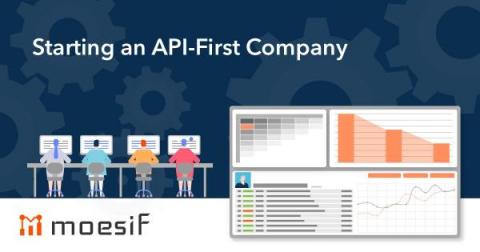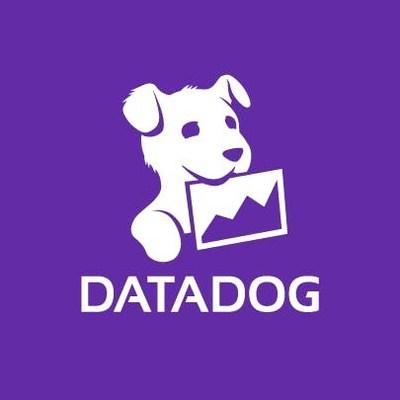How to parse and forward API logs with Kong plugins
As more companies are undergoing digital transformation (resulting in a huge explosion of APIs and microservices), it’s of paramount importance to get all the necessary data points and feedback to provide the best experience for both users and developers. Kong Gateway is a lightweight API gateway that is built to be open and versatile. Regardless of the technology stack involved, Kong supports these monitoring or logging requirements through its extensive ecosystem of plugins.











